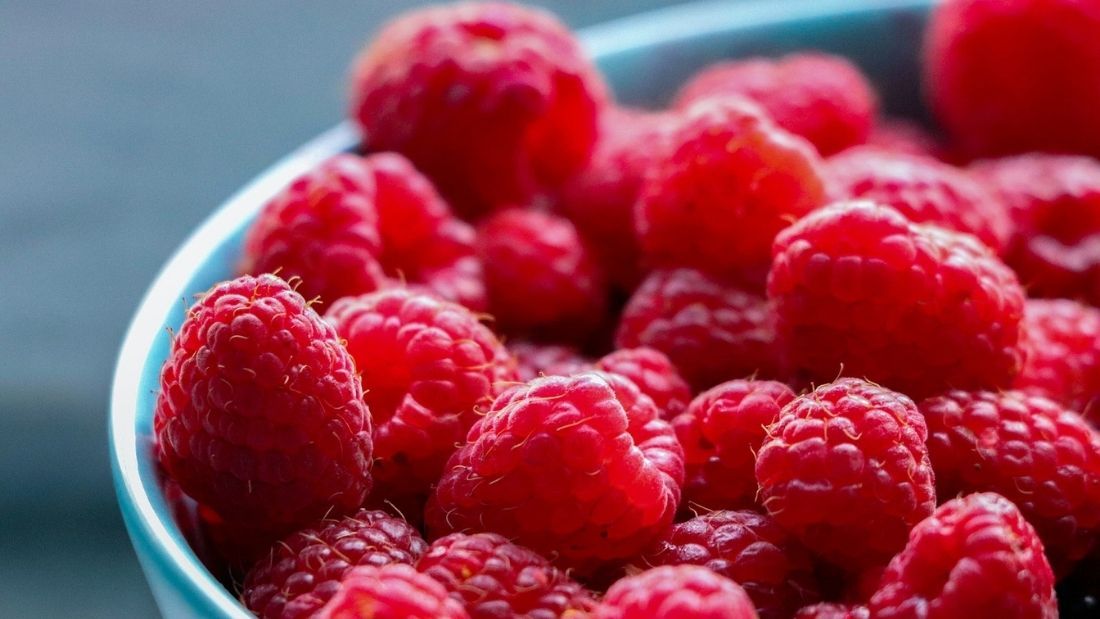5 foods you need to support your immune system

As we head into 2021 protecting your health has never been more important. The food that you eat has a huge part to play in strengthening your immune system and helping your body fight off illness and infection.
The good news is, you don’t need to break the bank on immune-boosting elixirs, powders, supplements or other expensively marketed health concoctions, to get the benefits.
Everyday, affordable foods in supermarkets can provide you with all the nutrients you need to keep your immune system strong. What’s even better is that all of these can be simply added, sprinkled or blended into your existing meals – extra immunity with no extra effort!
Here are some of the key foods that we should all be adding to our daily diet:
1. Ginger
Ginger provides fantastic bang for your buck when it comes to immunity. It is inexpensive and contains very strong antioxidants and antimicrobial properties which help fight infection.
Ginger is most beneficial when eaten fresh. Grate it into an apple compote to enjoy with porridge in the morning, blend it into a smoothie, add it to a curry or stir-fry, or make ginger and lemon tea!
2. Turmeric
Turmeric is a root from the same family as ginger. Like ginger, it contains potent biochemicals which act as antioxidants and have antimicrobial properties, both of which help your immune system stay strong.
As well as adding it to your favourite curry, you can use turmeric to make a delicious tofu scramble or even as a drink – ‘golden milk’ or a turmeric latte. The key is to use enough turmeric for it to be effective, without it being too bitter – about one teaspoon should do!
Pro tip: Add some black pepper to your turmeric dish – it increases your absorption of the wonder substance, curcumin, from turmeric.
3. Garlic
Good news for all of you garlic fiends – garlic has immune-boosting superpowers! It stimulates and activates your white blood cells – immune system soldiers – supercharging their powers. It also contains sulphur phytochemicals which act as antioxidants, are anti-inflammatory and help to fight both infection and inflammation in the body.
Garlic too is more powerful when eaten fresh – use it in curries, stir-fries, soups or pasta sauces. Two cloves a day should be enough to give you a boost.
4. Berries
Probably the most nutritious, health-protective foods in the world, not to mention, delicious!
Berries contain phytochemicals which help to protect our bodies from infections and environmental damage. They also contain phenolic compounds which have antioxidant, anti-inflammatory and antimicrobial effects. On top of that, they also encourage beneficial bacteria in your gut!
It’s easy to get your daily dose of berries – simply add a handful of blueberries, raspberries or strawberries to your morning cereal or porridge, or toss them into a smoothie.
Pro tip: Frozen berries are cheaper, last longer and contain a similar amount of nutrients to their fresh counterparts, plus they’re perfect for that morning smoothie. If you have the freezer space, buy them in season and freeze.
5. Seeds
Zinc is a mineral that we often forget about, but it is crucial that we get enough to support a healthy immune system.
Thankfully, seeds such as pumpkin seeds and sesame seeds are particularly high in zinc. Simply sprinkle some of these super seeds onto your porridge, cereal or soups and you’re on to a winner!
If you’re not a big seed fan, lentils, tofu, tempeh and wholemeal pasta also score high on the zinc charts.
Adding some of these immune-supporting wonders to your daily diet should help keep your immune system in tip-top shape. Combine these with regular exercise, avoid too much junk food and alcohol, and remember to take 10 micrograms of vitamin D s day over the winter months, and you will give your body the best chance of fighting off any viruses that come your way.




